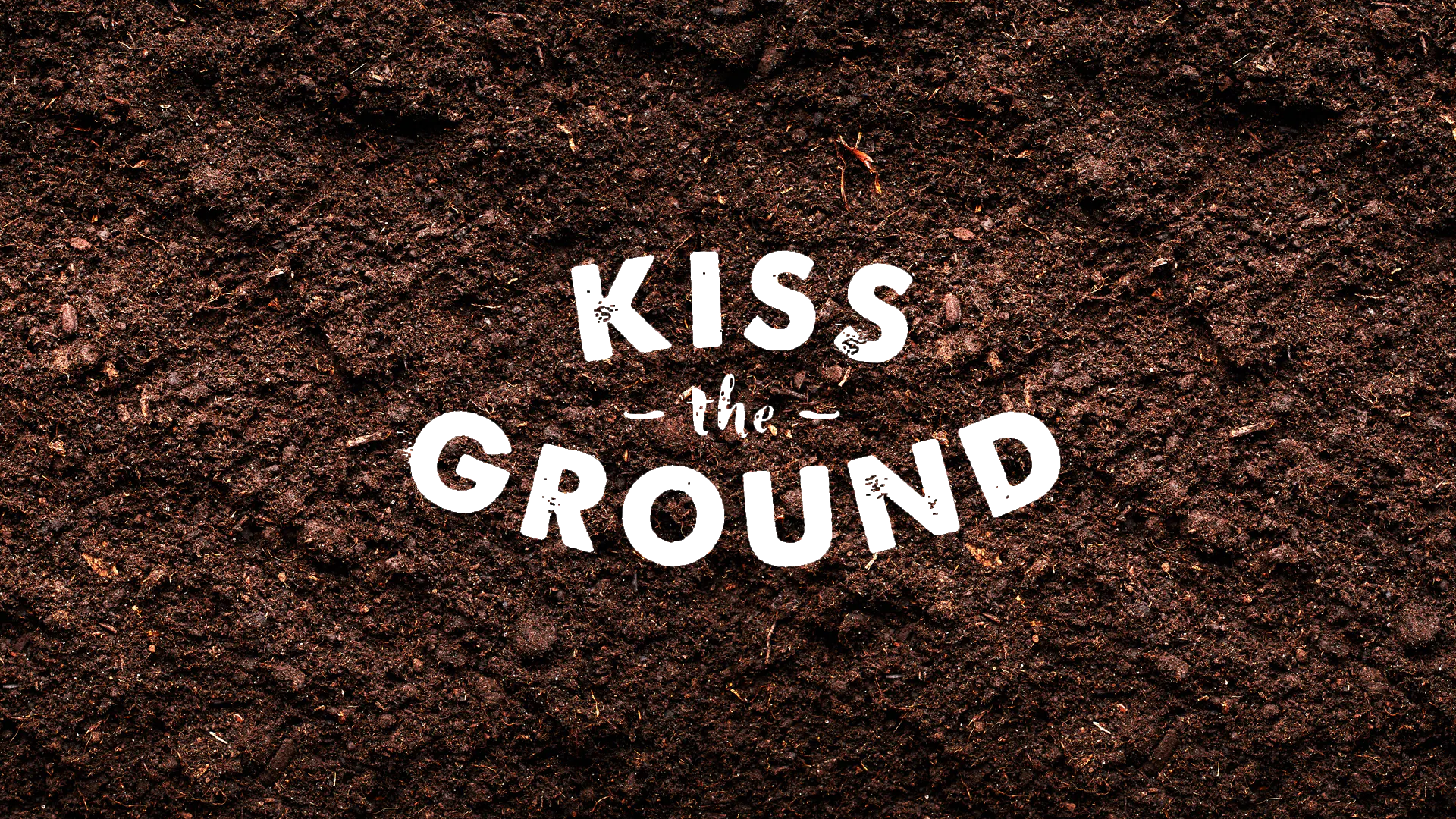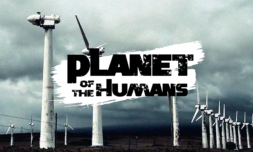The solutions to the scary stuff
Despite its hopeful outlook, the numbers that Kiss the Ground throws out are sobering. One third of our land has now become unusable as a result of desertification and the UN predicts we will have no fertile soil left by 2060 if we continue as we are. In addition, 1 billion people will be refugees by 2050 and our exposure to pesticides has been linked with paediatric cancers and birth defects.
For all of this doom and gloom, however, we’re swiftly introduced to regenerative rangers and climate activists spreading the word and pushing for an agricultural reset. Many viewers will be familiar with the carbon science that’s presented in the movie, which is kept bare bones for accessibility’s sake. Hefty amounts of carbon can be stored in our soils, and by planting more trees and improving the quality of our land we can reduce the ‘legacy load’ of emission that currently resides in our atmosphere.
We’re shown how smart grazing with cattle moving between certain areas of land can help promote plant growth, and how growing a diverse range of crops can dramatically improve our soil’s nutrient levels. Only 5% of America’s farms are designed with soil health in mind, but the Soil Association hopes to reach 50% by 2025.
The film uses San Francisco’s composting system – that charges people for not using food waste bins – as a shining example of city-wide sustainability which promotes economic growth while re-using food scraps. Rubbish collectors gather 150,000 tonnes of food waste per year which is then composted and used on local farms. This system could easily be introduced elsewhere in other cities around the world.
A look at how human waste can be used to fertilised soil is also thrown in, with a cute ‘keep poop in the loop’ phrase to make it all seem less off-putting. Experts and academics stress that regenerative farming can reduce CO2 levels in our atmosphere and begin to cool the climate in a few decades – which seems almost too good to be true. The final message is that our soil and land’s health is key to turning things around, and pushes for everyone to get involved via the movie’s website.
A good message but overblown
It’s motivating stuff, though the documentary’s use of dramatic, sweeping Earth shots and scary overblown graphics are uninspired, and the glitzy production and reliance on celebrity guests to sell its message damages its overall credibility. I couldn’t help but feel that Woody Harrelson’s call to ‘not give up’ and Jason Mraz’s song of the same name was a bit too on the nose. The exploration of regenerative farming, carbon control, and sustainable cow grazing is genuinely insightful, but the film’s insistence to end things on an overly sappy and emotional note takes away from the key message.
Trump and his disastrously damaging government are only ever alluded to and instead the focus is on the climate crisis being all about ‘love’. That’s fine in an ideal world, but realistically we’re all at the mercy of politicians to create nationwide, systematic changes that can improve our situation. Trump should have been called out more obviously here, though I suspect this was intentionally side-stepped to avoid dividing Netflix’s large viewing figures.
The film also suffers from oversimplifying scientific studies and unnecessarily throwing in historical facts to vilify common farming practices. There’s an entire section detailing how pesticides originated during World War II, with stock footage of Hitler thrown in to hammer home that chemicals in food are bad. Moments like this suggest a lack of faith in the viewer and undermine the seriousness of Kiss the Ground as an informative piece.
You get the sense that directors Josh and Rebecca Tickell felt they had to include celebrity cameos and cheesy pop chorus sing-a-longs to keep people engaged. It’s a shame, as the core of the film is sturdy and inspiring on its own. I worry that by leaving it on a ‘feel good’ end many will feel they don’t need to do anything particularly urgently – when the opposite is true.
Either way, regenerative agriculture is absolutely worth supporting and getting involved in. You can help out and donate to the cause here, or read about regenerative companies like Common Table Creative here. You shouldn’t need Woody Harrelson to tell you to join the cause but if it’s what gets the masses on board then I’m here for it.




















